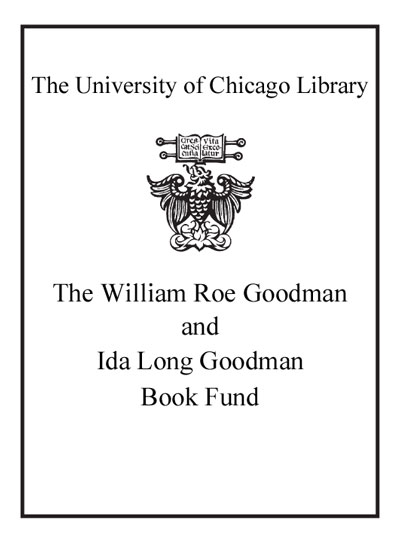Review by Choice Review
Two case studies of participatory budgeting in Porto Alegre, Brazil, test impacts and analyze knotty problems of this fruitful experiment in deepening democracy. Employing distinct approaches, they nonetheless share many conclusions. Baiocchi (sociology, Univ. of Massachusetts-Amherst) focuses on the civic consequences of inviting citizens to set budget priorities. Based on extensive field research, he presents a rich historical account of the context and processes of participative budgeting, supplemented with a glossary, methodological appendix, and accompanying Website. Baiocchi's deft comparisons of three city districts enable him to criticize and advance theories of participation and civil society while explaining the political sociology of participatory budgeting. French researchers Gret and Sintomer (multiple affiliations with European institutes and universities) mine this Brazilian initiative for broader democratic lessons. Their skeletal description of the structure and process of participatory budgeting is refreshingly clear. They assess how the experiment fares in governing effectively, stimulating participation, institutionalizing the process without undermining autonomy, and extending the scale of decisions. While Baiocchi excels in revising sociological theory, Gret and Sintomer draw vivid contrasts to North American and European ventures in participatory democracy. Despite different questions and emphases, common themes and findings emerge. Both studies claim that participatory budgeting represents a new regime, a rupture with traditional clientelism. Rather than emerging spontaneously from civil society, participatory budgeting was stimulated by government; these studies describe thoroughly political, conflictive rather than consensual grassroots processes. Both books argue that the dual goals of "democratizing democracy" and redistributing power and benefits for social justice are compatible, that participants can simultaneously be "citizens and militants." Neither ignores the flaws or dilemmas of participatory budgeting, yet both find that the flexible and pragmatic innovations in Porto Alegre's institutions have yielded improvements with time. Other books adding perspectives on participatory budgeting include William Nylen's Participatory Democracy versus Elite Democracy (CH, Jul'04, 41-6789), presenting case studies from other Brazilian regions. Gianpaolo Baiocchi's edited volume, Radicals in Power (2003), addresses the partisan dimension of participatory budgeting in cities across Brazil. These studies portray participatory budgeting in Brazil's "capital of democracy" as an imperfect but hopeful innovation, promising to supplement if not supplant representative democracy and to achieve viability beyond the fluctuating fortunes of the party that introduced it. ^BSumming Up: Highly recommended. Upper-division undergraduates and above. A. B. Cochran Agnes Scott College
Copyright American Library Association, used with permission.
Review by Choice Review

